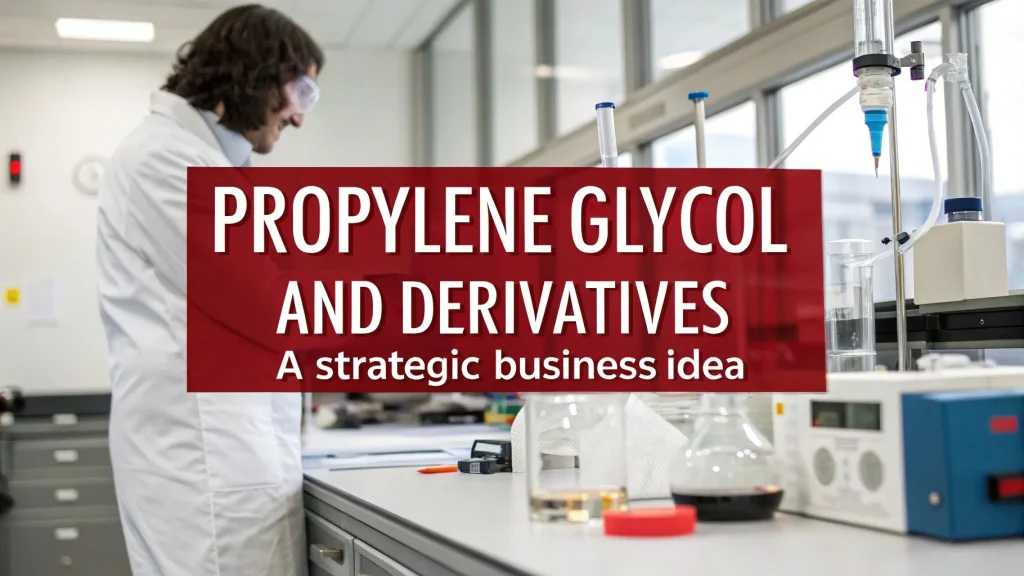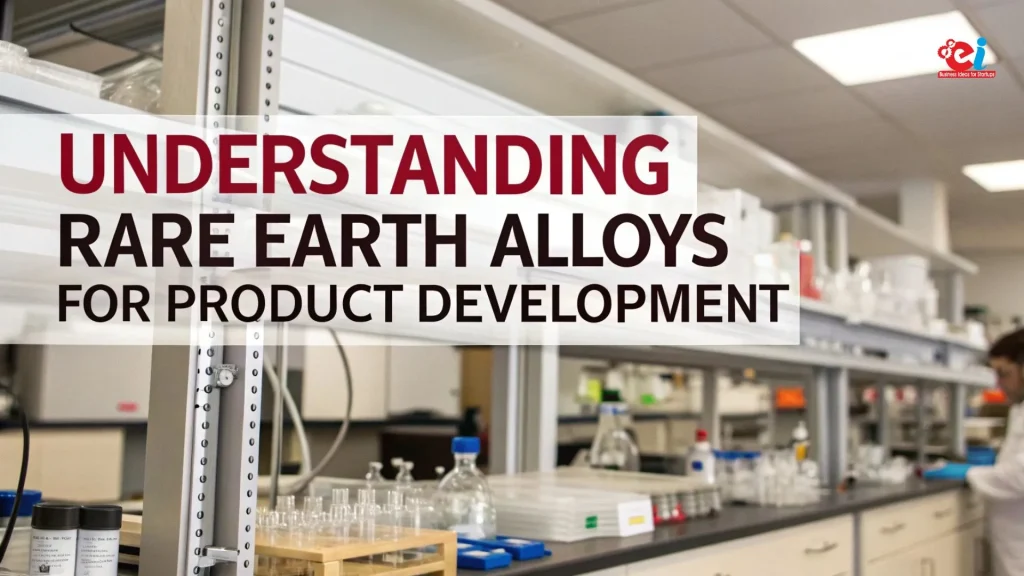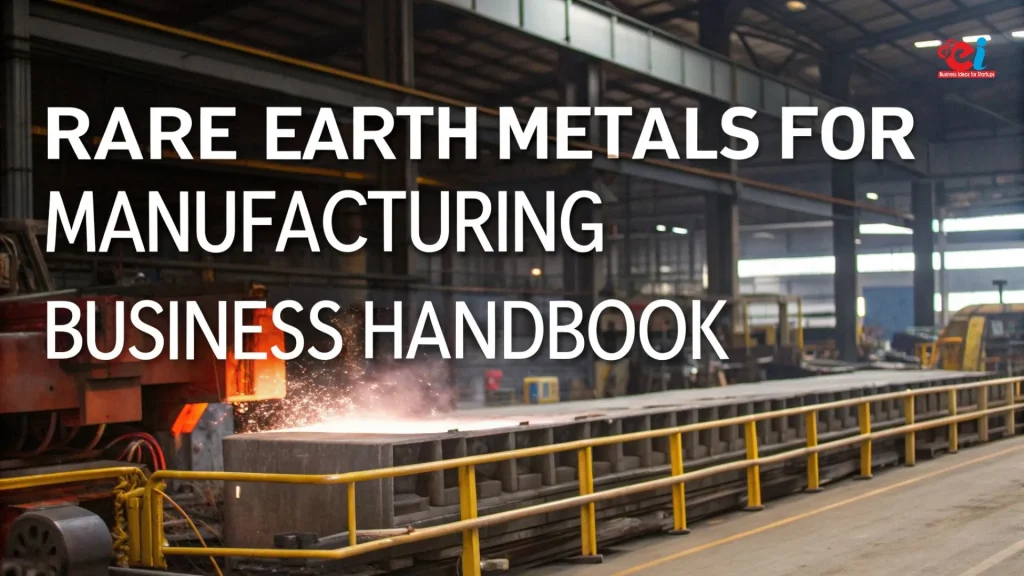
The Peanut Butter Manufacturing Industry is booming worldwide as consumers shift toward high-protein, plant-based, and healthy snack options. Peanut butter, once seen primarily as an American household staple, is now gaining popularity in developing nations as well due to its nutritional profile, long shelf life, and versatility. With the health food market growing rapidly and fitness trends becoming mainstream, the demand for natural and flavored peanut butter continues to surge. Launching a business in the Peanut Butter Manufacturing Industry offers excellent prospects for entrepreneurs, food processors, and health food brands aiming to tap into this lucrative market.
Rising Demand for Peanut Butter
Peanut butter is a nutrient-dense product made by grinding roasted peanuts into a smooth or crunchy paste. It contains healthy fats, protein, fiber, vitamins, and minerals, making it a popular choice among health-conscious consumers, athletes, and vegetarians. The increasing awareness of plant-based diets and protein alternatives has pushed the consumption of peanut butter in both domestic and international markets.
The Peanut Butter Manufacturing Industry benefits from consistent demand in multiple sectors including retail grocery chains, health food outlets, sports nutrition brands, e-commerce platforms, and export markets. Offering variants such as organic, unsweetened, chocolate, or honey-infused peanut butter allows manufacturers to cater to diverse tastes and dietary needs.
Types of Peanut Butter Products
To gain a competitive edge in the Peanut Butter Manufacturing Industry, businesses often diversify their product line. Common types include:
-
Creamy Peanut Butter: Smooth texture and classic taste
-
Crunchy Peanut Butter: Contains small peanut bits for added texture
-
Natural or Organic Peanut Butter: No hydrogenated oils or artificial preservatives
-
Flavored Peanut Butter: Chocolate, cinnamon, honey, or protein-enhanced varieties
-
Unsweetened or Sugar-Free: Suitable for diabetic or keto consumers
-
Fortified Peanut Butter: Added vitamins, minerals, or protein powders for fitness markets
Offering value-added packaging (sachets, jars, pouches) also helps in brand positioning and reaching different market segments.
Raw Materials and Ingredients
The core raw material in the Peanut Butter Manufacturing Industry is high-quality, dried, and roasted peanuts. Additional ingredients may include:
-
Salt (optional, for flavor balance)
-
Sugar or Honey (based on target audience)
-
Vegetable Oil (to stabilize texture and prevent separation)
-
Stabilizers (optional for long shelf life)
-
Cocoa Powder or Natural Flavors (for flavored versions)
Sourcing peanuts from trusted farmers or agricultural cooperatives ensures consistent quality and supports traceability, especially for organic or export-focused businesses.
Manufacturing Process Overview
Setting up a Peanut Butter Manufacturing Industry involves a streamlined production process. Here are the main steps:
-
Raw Peanut Selection and Cleaning
Peanuts are sorted, cleaned, and passed through magnetic separators to remove impurities. -
Roasting
Peanuts are roasted at controlled temperatures to enhance flavor and aroma. -
Cooling and Peeling
Roasted peanuts are cooled and their outer skin is removed using blanching machines. -
Grinding
Peeled peanuts are ground into a smooth or coarse paste depending on the product variant. -
Mixing and Flavoring
Ingredients such as salt, sugar, and stabilizers are blended to achieve the desired taste and consistency. -
Homogenization
The mixture is further refined to ensure uniform texture and product stability. -
Filling and Sealing
Peanut butter is filled into jars or sachets using automated filling machines and sealed hygienically. -
Labeling and Packaging
Each unit is labeled with nutritional details, expiry date, and batch number before packaging.
Adhering to hygiene standards and food safety norms is critical during each stage of the Peanut Butter Manufacturing Industry process.
Machinery and Equipment Required
A medium-scale Peanut Butter Manufacturing Industry unit requires the following machinery:
-
Peanut roaster
-
Blanching and peeling machine
-
Conveyor systems
-
Grinder or colloid mill
-
Mixing tank with agitator
-
Homogenizer
-
Filling and sealing machine
-
Labeling machine
-
Packaging equipment
-
Quality control lab instruments
Modern units may also invest in nitrogen-flushing systems for extended shelf life and preservation of flavor.
Infrastructure and Space Requirements
A well-planned facility for the Peanut Butter Manufacturing Industry should include:
-
3,000 to 6,000 sq. ft. of area
-
Separate zones for raw material storage, roasting, grinding, packaging, and finished goods storage
-
Ventilated and pest-controlled premises
-
Access to clean water and power supply
-
Fire safety and hygiene infrastructure
Compliance with food-grade construction standards (epoxy flooring, stainless steel processing surfaces) is essential.
Licenses and Regulatory Compliance
To legally operate in the Peanut Butter Manufacturing Industry, the following licenses and approvals are necessary:
-
FSSAI License (Food Safety and Standards Authority of India)
-
Factory License and MSME Registration
-
GST Registration
-
Pollution Control Board Consent (if applicable)
-
ISO 22000 or HACCP Certification (for exports and premium markets)
-
Trademark Registration (to protect your brand)
Labels must comply with FSSAI norms, including nutritional facts, ingredient list, storage instructions, and shelf life.
Investment and Profit Margins
Starting a Peanut Butter Manufacturing Industry unit requires moderate investment:
-
Small-scale unit: ?10–15 lakhs
-
Medium-scale unit: ?25–50 lakhs
-
Large-scale automated unit: ?80 lakhs – ?1.5 crore
Recurring costs include raw materials, utilities, labor, marketing, and logistics. Peanut butter has a net profit margin of 20–30%, especially for premium and flavored varieties. High demand, low perishability, and online sales contribute to strong ROI.
Market Strategy and Sales Channels
To scale in the Peanut Butter Manufacturing Industry, strong marketing and diversified sales strategies are vital:
-
Retail Partnerships: Supply to supermarkets and local grocery stores
-
E-commerce Platforms: Sell on Amazon, Flipkart, BigBasket, or your own website
-
Exports: Middle East, Africa, and Southeast Asia offer high potential
-
Health and Fitness Brands: Partner with gyms and protein supplement brands
-
Institutional Sales: Supply to hotels, bakeries, and airlines
Effective packaging, influencer marketing, and offering combo packs can enhance your brand’s visibility and reach.
Sustainability and Waste Utilization
Eco-conscious practices are increasingly relevant in the Peanut Butter Manufacturing Industry. Consider the following:
-
Using peanut skins and shells for biofuel or animal feed
-
Composting organic waste
-
Offering glass jars or recyclable plastic alternatives
-
Minimizing energy consumption through solar or energy-efficient equipment
Sustainable manufacturing enhances brand image and appeals to the environmentally conscious consumer segment.
Challenges and Risk Factors
While the Peanut Butter Manufacturing Industry offers great potential, businesses may face challenges such as:
-
Price fluctuations of peanuts due to seasonal or climate variations
-
High competition in retail and online markets
-
Regulatory scrutiny for food quality and hygiene
-
Distribution bottlenecks in remote areas
-
Consumer education about health benefits in certain regions
Proactive planning, quality control, and smart branding can help mitigate these risks.
Conclusion
The Peanut Butter Manufacturing Industry is a robust and growing sector, driven by rising health consciousness, urban lifestyles, and global protein trends. With multiple product formats, scalable production, and the ability to reach both mass and niche markets, this industry offers a highly rewarding business opportunity. By focusing on quality, innovation, and distribution, new entrepreneurs can build a strong presence in the domestic and international peanut butter market.
Niir Project Consultancy Services
An ISO 9001:2015 Company
106-E, Kamla Nagar, Opp. Spark Mall,
New Delhi-110007, India.
Email: npcs.ei@gmail.com , info@entrepreneurindia.co
Tel: +91-11-23843955, 23845654, 23845886, 8800733955
Mobile: +91-9811043595
Website: www.entrepreneurindia.co , www.niir.org





